I consider myself truly blessed to have encountered so many musical opportunities these past few months. Not only is it an honor to be leading so many knowledgable and talented musicians (in both the Silveridge Orchestra as well as the Mesa City Band) but conducting is truly a joy for me.
Anyway, due to Larry's absence, I'll be in charge until the end of the season (in May). I wish Larry a speedy recovery and I know he'll be back on his feet in no time.
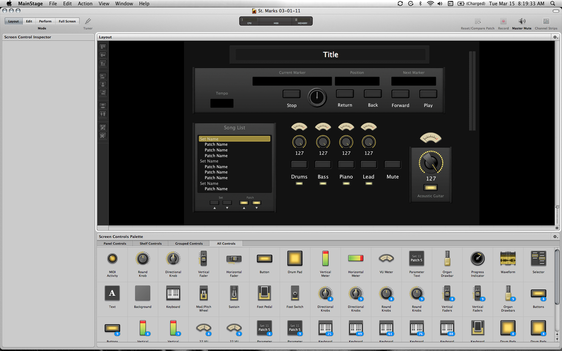
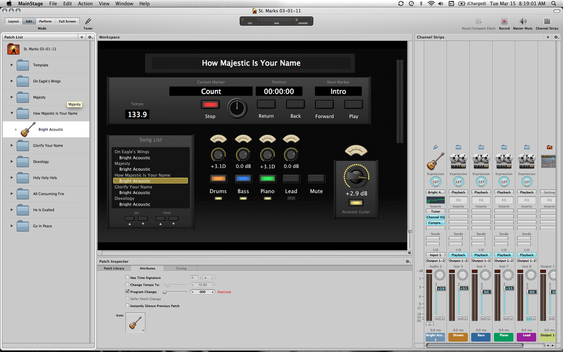
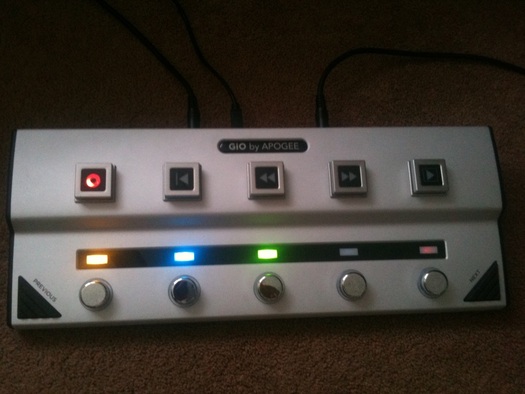
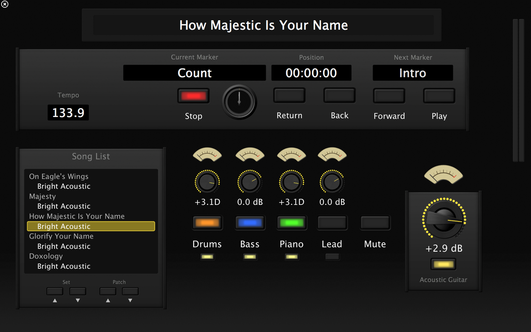
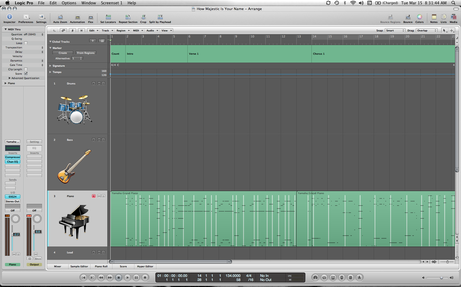
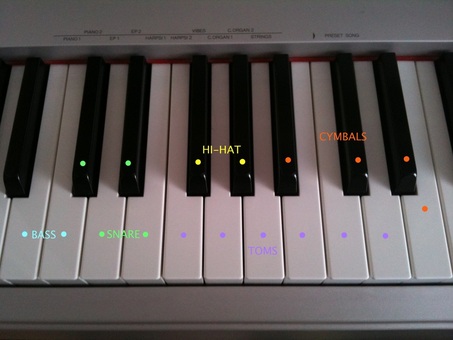
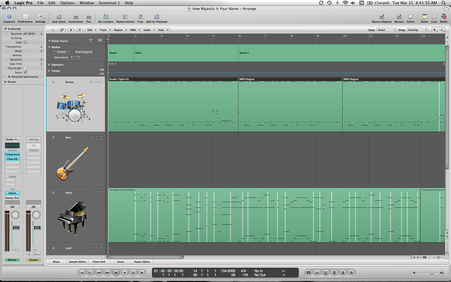
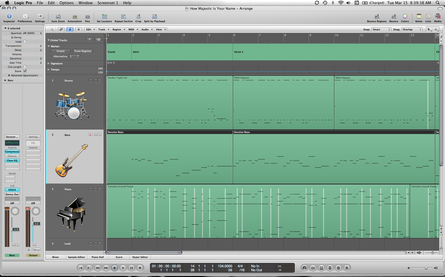
 RSS Feed
RSS Feed